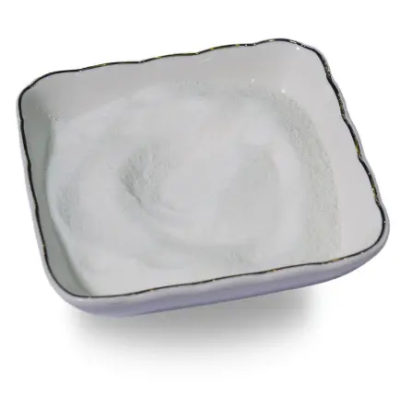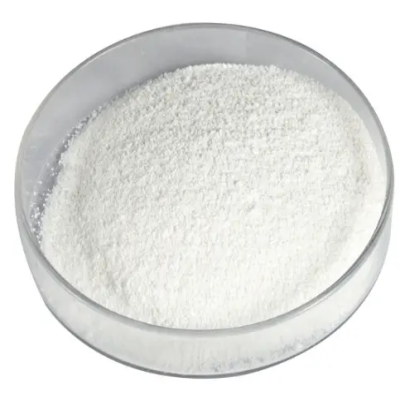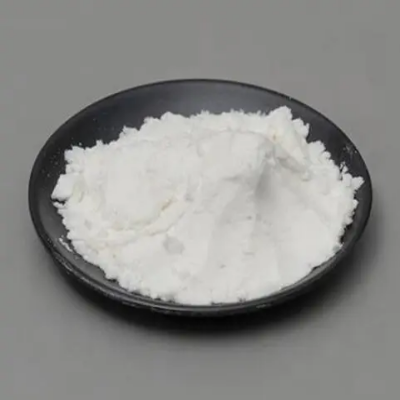Calciumacetate CAS:62-54-4
Calcium acetate finds diverse applications across industries and sectors, owing to its unique chemical properties and versatile nature. Pharmaceuticals: Calcium acetate is commonly used as a pharmaceutical agent, primarily in the treatment of hyperphosphatemia in patients with chronic kidney disease. It works by binding to dietary phosphate in the gastrointestinal tract, reducing its absorption and thereby lowering serum phosphate levels. Additionally, calcium acetate supplements calcium levels in the body, aiding in the maintenance of bone health. Food Additive: It is employed as a food additive, functioning as a buffering agent, pH regulator, and preservative in various food products. Calcium acetate helps stabilize food products by controlling acidity and enhancing shelf life. It is often used in baked goods, dairy products, and beverages to improve texture and flavor. Water Treatment: In water treatment processes, calcium acetate is utilized as a chemical precipitant for the removal of phosphates and other contaminants from wastewater and industrial effluents. Its ability to form insoluble calcium phosphate complexes aids in the purification of water, ensuring compliance with environmental regulations. Textile Industry: Calcium acetate is used in the textile industry as a mordant in dyeing processes. It helps fix dyes to the fabric, improving color fastness and ensuring uniform coloration of textiles. Additionally, calcium acetate may act as a flame retardant in certain textile applications, enhancing the safety and durability of treated fabrics. Chemical Synthesis: It serves as a precursor in the synthesis of various organic compounds and specialty chemicals. Calcium acetate is involved in reactions such as esterification, acetylation, and condensation, contributing to the production of pharmaceuticals, fragrances, and plasticizers. Fertilizer Additive: In agriculture, calcium acetate is used as a fertilizer additive to supply plants with calcium, which is essential for cell wall formation, root development, and overall plant growth. It may also help neutralize soil acidity, improving soil fertility and nutrient uptake by crops. Cosmetics: Calcium acetate is sometimes incorporated into cosmetic formulations, particularly in skincare products, for its potential to improve skin texture and moisture retention. It may act as a humectant, drawing moisture to the skin, and as a stabilizer in emulsions and creams. In summary, calcium acetate plays a significant role in pharmaceuticals, food production, water treatment, textiles, agriculture, and cosmetics, owing to its diverse applications and beneficial properties. Its use as a calcium supplement, pH regulator, and stabilizer contributes to the quality and functionality of various products and processes.



| Composition | Ca(CH3COO)2 |
| Assay | 99% |
| Appearance | white powder |
| CAS No. | 62-54-4 |
| Packing | Small and bulk |
| Shelf Life | 2 years |
| Storage | Store in cool and dry area |
| Certification | ISO. |


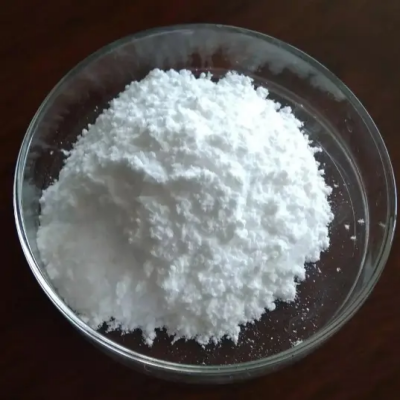
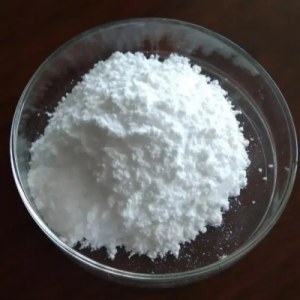
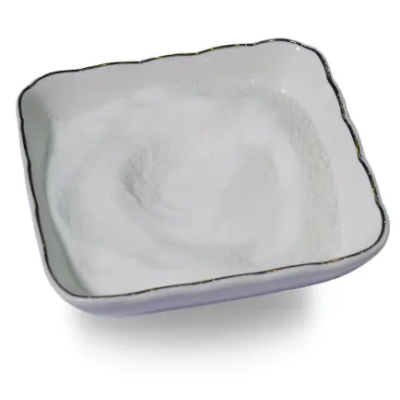
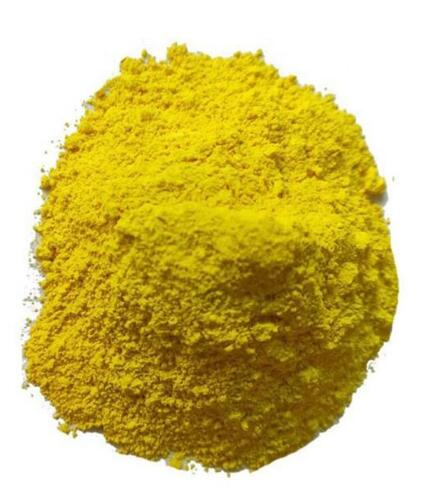
![N-[3-Fluoro-4-[(methylamino)carbonyl]phenyl]-2-methylalanine CAS:1289942-66-0](https://cdn.globalso.com/xindaobiotech/VYH6FUCIIBE_I7B6OOPY283.png)
